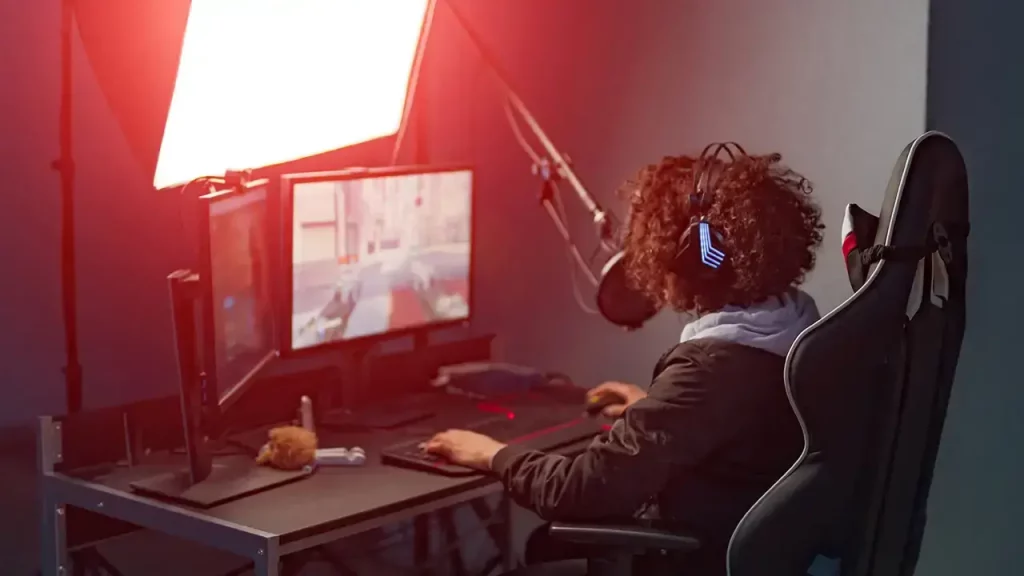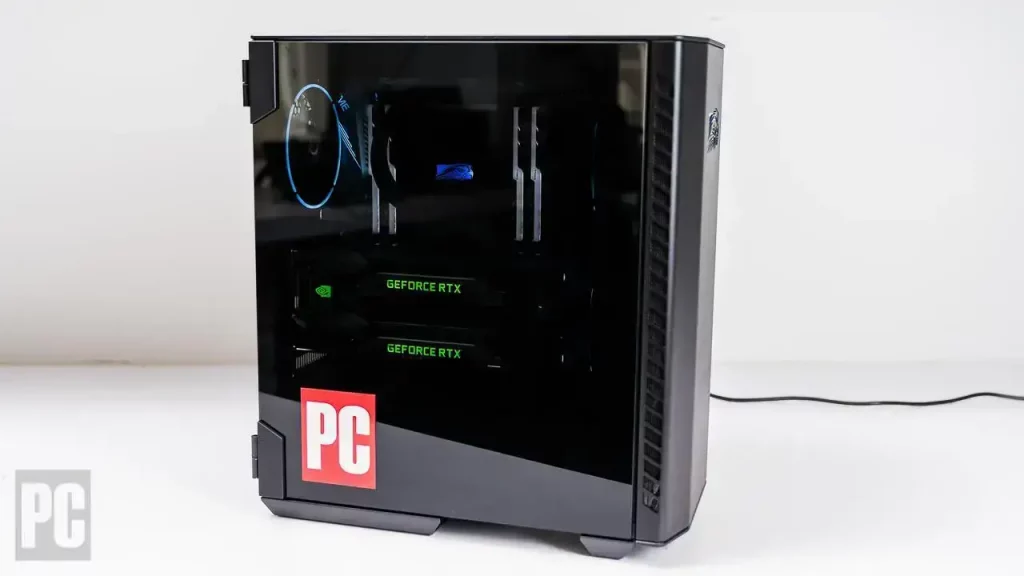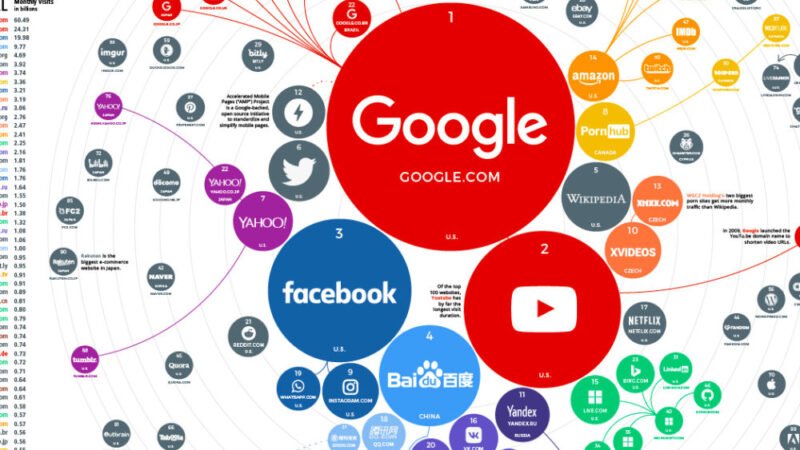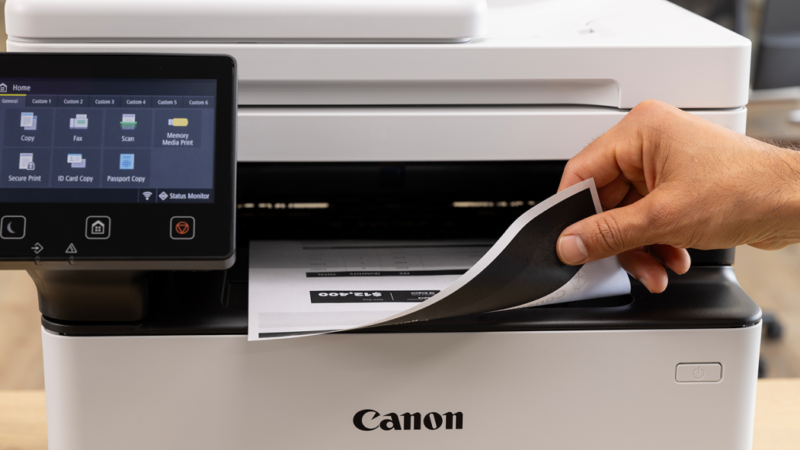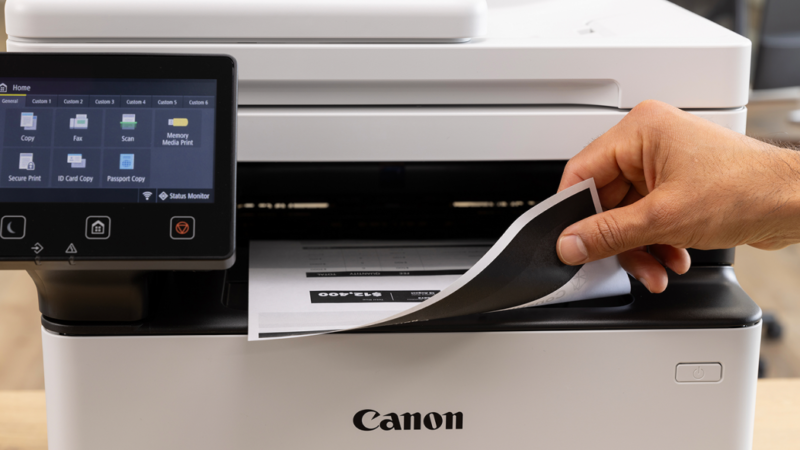How to Start Streaming Games: The Ultimate Guide

Have you ever had an interest in streaming your PC game live, but don’t know where to start? We are here to help. Live streaming has exploded in recent years, and while not everyone can hope to become the next Ninja, Dr. Lupo, or Shroud, it’s a fun hobby that can be rewarding on its own. And, if you work on it, you may find an audience.
Whether you want to stream the game just to friends or are trying to build a community of your own, this guide will outline everything you need to get started and hopefully succeed. (However, we can’t make you a better or more resourceful shooter. That’s up to you.)
First of all, what is game streaming?
If you are reading this, you probably understand what streaming is, or at least the basic idea. However, in case you come blind, here is the short version.
In recent years, thousands of people have started streaming their video game game live to millions of viewers online. Only a handful of streamers find large regular audiences, and many more of them populate a mid-tier with modest audiences, and an even larger number remove it to build small communities. You can do this on a PC or with one of the modern game consoles. However, the more streamlined and plug-and-play nature of the latter means that this guide will focus on PC-based streaming.
(Imagen: Shutterstock)
You have a lot of options on where and how to stream, which I’ll break down below. In terms of tools and services, you’ve likely heard of Twitch, the largest service of its kind, but you have other alternatives for streaming, although a combination of other software and hardware is required. To stream PC games, the key things you need in addition to a Twitch account (or other streaming service): a good gaming computer, some accessories, and some software.
We’ll break all of that down, but first you’ll want to take a look at what you’re trying to accomplish with streaming. Fun and profit? Just fun? That will dictate what your De Verdad need.
How to set a realistic goal for your broadcast
I can think of a number of reasons why you might want to convey yourself by playing video games. At its core, it’s fun to do, and the appeal of an audience watching it play is enough to motivate many people to give it a try. You may want to do it simply for fun and for yourself, and if you get consistent viewers – great! If that’s you, you’re probably going for the more casual suggestions in this guide.
Others want to create a community, however small, of dedicated viewers. And still others hope to make a profit from the broadcast through ads, partnerships, or viewer donations (or some combination of them). In an ideal world, your broadcast might even be your full-time job.
(Imagen: Shutterstock)
However, this is a difficult dream to pursue and it is important to set realistic expectations. There are a lot of streamers out there, and it’s a tough job to differentiate yourself from the rest. Don’t quit your day job or drop out of school without months of proven financial stability from the transfer (or a trust fund to draw on).
Since everyone is competing for viewers, it helps to have a “hook” or a special talent. You may be able to become an average streamer playing your favorite games, but your chances of excelling are not high, so some form of marketing is key.
(Imagen: Shutterstock)
Sometimes that depends on the genre of the game. If you’re especially good at first-person shooter games, for example, that’s a start; people tend to look for elite level gameplay for that kind of game. Or maybe you’re a really entertaining “Let’s Play” live streamer, or you’re good at building a community and chatting with your fans. Or maybe you are a lot of fun. Ideally, you’re a combination of these, but the point is, not everyone who is successful as a streamer is exceptionally skilled at games (but it helps).
Whatever your angle, consistency is key. Viewers should be able to see you often and come back to you on a somewhat regular schedule if they like you. You also can’t be put off by the low number of viewers right away, as the odds are stacked against you. However, with some determination and the tools below, you can carve out a niche for yourself.
How To Choose The Right Game Streaming PC
The biggest hurdle to efficient streaming is having the right hardware, so that’s where we’ll start. Streaming software and services have come a long way in ease of use, often at no cost, but there’s no getting around the fact that you’ll likely need to purchase a few physical items to bring your streams to life. The single biggest obstacle and item is a powerful enough PC. There are many things that go into a computer that make it suitable for streaming, so this requires the most detailed explanation.
This system will probably do double duty as a game. and streaming machine (more on this later), so it should be fast. If you’re planning on streaming PC games, it should be obvious that your computer will need to be up to the task of playing modern games as a minimal baseline. This is the most expensive item you will need for transmission, and there are many factors that go into a decision.
Northwestern claw of the hawk
Generally speaking, your ideal streaming desktop can run games at high, if not maximum, settings at your chosen screen resolution. You want your broadcasts to look their best, and if you want to showcase the latest AAA releases, eye-catching graphics go a long way to entertaining viewers. You don’t need to break the bank if you can’t pay it. Moderate gaming rigs will run games moderately well, and if that’s your budget, that’s fine.
Most streamers play in Full HD (1920 x 1080, or 1080p resolution), and I highly recommend that you follow suit. It’s much less demanding on your computer to play 1080p, which is essential, as it may also have to bear the burden of processing and pushing your game streams. Plus, you’ll get much higher frame rates in game than you would at 1440p or 4K, which means smoother appearances.
Please note that your gaming screen resolution may be different than the resolution your Stream is set to. It is very demanding on both the PC and your Internet connection to stream in Full HD or higher, which is why you will find that many streamers opt for 720p or 900p; even some of the biggest names do. Most popular streamers can afford to invest in a PC and an internet connection that can generate super-sharp streaming, but don’t feel like you’re the only one who may have to compromise.
PC Corsair Vengeance Gaming
If you’re the type to stream competitive multiplayer games (titles like Apex Legends, Counter-Strike: Global Offensive, Fortnite, or League of Legends), visual fidelity matters a bit less, but performance and high frame rates are vital. You should be able to play smoothly as it will give you an edge, which is especially important if you advertise yourself as a skill-based streamer. Playing 1080p and taking advantage of those higher frame rates is even more important for these types of gamers.
If this is you, pairing your setup with a high refresh rate gaming monitor is a smart move. In fact, many competitive streamers (even those with powerful PCs) play at low visual settings to improve frame rates, as it means a competitive advantage for them. Still, even if you’re gaming on low settings, you need a high-end computer to take advantage of a high-refresh rate display. The video card in the PC is key.
Best graphics card for streaming games: GeForce RTX and more
To achieve the above, you need the correct centerpieces. Coding and streaming your game to Twitch or another site is a chore for any processor (also referred to here as CPU) and graphics card (GPU), especially since your computer is already using resources to power the game itself. Instead of going through it everyComponent option here to build your own desktop or buy a pre-built PC, I’ll point you to our detailed guide to gaming desktops, which already provides this information in full. There is a lot to consider and it would take a lot to get it all done here. In the guide, you’ll find buying advice on each component, as well as our list of the best pre-built machines today, so read it if you’re not up to speed on PC parts.
Still, it’s important to give you some advice on the two key components (CPU and GPU), because there are special considerations for streamers. The GPU will drive your game graphics and help encode and stream your stream, so a respectable level of power is essential for game streaming. As a starting point, I would recommend an Nvidia graphics card. AMD has made great strides in the desktop processor race, and its newer cards (‘Navi’) are solid, but Nvidia GPUs are still at the top of the heap, especially for demanding tasks like games with high refresh rates. . Also, the GPU strongly correlates with your choice of resolution explained above. The higher the resolution, the more tied it is to the power of your GPU,
Nvidia GeForce RTX 2080
I wouldn’t start below the GeForce GTX 1660 Ti for this, as a very capable but relatively affordable option. Smaller cards will be, well, less capable of running games at smooth frame rates, let alone providing a good streaming experience. The real power lies in Nvidia’s RTX series, not only because they contain more firepower for gaming, but because they also include specialized hardware encoders to improve streaming and optimization for the very popular Open Broadcaster Software (OBS, more on this later).
These include GeForce RTX 2060, RTX 2070, RTX 2080 (the latest versions of these are the “Super” upgraded versions of each of these GPUs that you will find at the links), as well as the all-powerful GeForce RTX 2080 Ti.
The best streaming graphics cards we’ve tested
The GeForce RTX 2060 is a solid entry point to the RTX series and is fully capable of Full HD gaming. If you’re gaming on a high-refresh monitor, the RTX 2070 and above is recommended, and if you’re looking to play at a higher resolution, choose the RTX 2080 or better. These are the only GPUs capable of advanced ray tracing technology, a neat in-game lighting feature, but they will also allow you to increase overall visual quality and increase frame rates.
Best CPU for Game Streaming – Why the Processor Is Key Too
While your graphics card is undoubtedly busy, your processor will be the lifeblood of your gaming and streaming computer. Multi-threaded and multi-core processors are the norm these days, but even modern chips designed for everyday use will buckle under these demands, reducing streaming and gaming quality. You can use your GPU to help with workload encoding, but your processor will still have its resources split between gaming, streaming, and running all your streaming-related apps. Regardless of how you cut it, you will need a powerful CPU.
Intel Core i7-9700K
As a general guide, go for a premium Intel (Core i7 and Core i9) or AMD (Ryzen 7 and Ryzen 9) CPU. If you don’t know where to start with these components, you can find many more details and tips in our detailed buying guides for gaming processors and graphics cards. The reviews the latter links to can give you an idea of the frame rates you can expect from typical games with a given video card. 16GB of …



